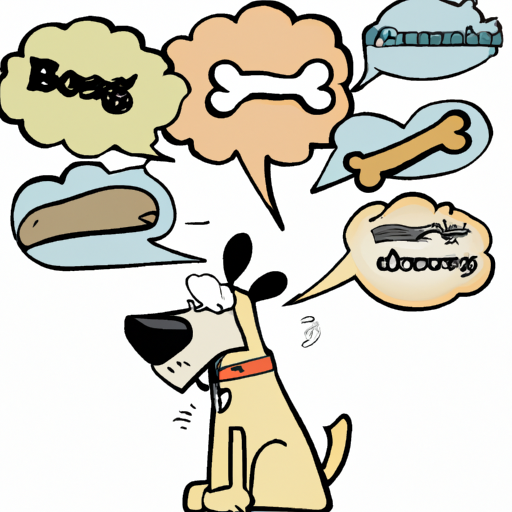Understanding Your Dog’s Behavior
You have to understand that dogs, like humans, communicate in various ways. Growling is one of these modes of communication. It’s not just a random noise your dog makes, but a way of expressing a range of emotions. In essence, a growl can signify fear, aggression, territoriality, or even joy. To decode your dog’s language, you need to pay attention to the context, body language, and other signs.
- Fear: If your dog is scared, it might growl as a warning sign. Look for body language like a tucked tail, lowered body and ears.
- Aggression: An aggressive growl is often accompanied by baring teeth. In such cases, it’s best to withdraw and seek professional help.
- Territoriality: Dogs are territorial creatures. If they perceive a threat to their space, they might growl.
- Joy: Sometimes, dogs growl when they are excited or playing. This is usually a low, throaty growl, coupled with wagging tails and playful body language.
The Factors Influencing Your Dog’s Growling
Several factors can influence why your dog growls. Some of these include:
- Breed: Certain breeds are more vocal than others.
- Past Trauma: Dogs with a history of abuse or neglect may growl more.
- Environment: Dogs in stressful environments may growl to express distress.
- Health: If your dog is sick or in pain, it may growl.
| Factors | Description |
|---|---|
| Breed | Some breeds are more vocal |
| Past Trauma | Dogs with a history of abuse or neglect |
| Environment | Stressful environments can cause growling |
| Health | Illness or pain can lead to growling |
How to Respond to Your Dog’s Growling
Understanding why your dog is growling is vital, but knowing how to respond is equally important. Remember, your reaction can either exacerbate or defuse the situation. Some tips include:
- Never punish your dog for growling. It’s their way of communicating their discomfort or distress.
- If your dog is growling out of fear, try to remove them from the situation causing the fear.
- If your dog growls during play, it’s usually a sign of enjoyment. However, if the growling escalitates, it might be time to calm down the play.
- Always consult with a professional if you’re unsure or if the growling becomes frequent or aggressive.
Ensuring Your Dog’s Well-being
As a caregiver, you play a significant role in your dog’s emotional and physical well-being. Regular check-ups with the vet, a balanced diet, plenty of exercises, and a secure, loving environment can go a long way in keeping your dog happy and reducing instances of growling.
FAQ Section
Q1: Is growling always a sign of aggression?
No, growling can express a range of emotions, including fear, happiness, and discomfort.
Q2: Should I punish my dog for growling?
No, punishing your dog for growling can actually make the situation worse. It’s better to try and understand why they’re growling.
Q3: My dog growls when we play. Should I be worried?
Not necessarily. Many dogs growl during play as a sign of enjoyment. However, if the growling escalates, it’s best to calm down the play.
Q4: How can I stop my dog from growling?
Understanding why your dog is growling is the first step. If your dog is growling due to stress or fear, try to alleviate these factors. If the growling persists, consult with a professional.
Remember, communication is key. Your dog’s growl is a conversation starter – be sure to listen and respond with love, patience, and understanding.



